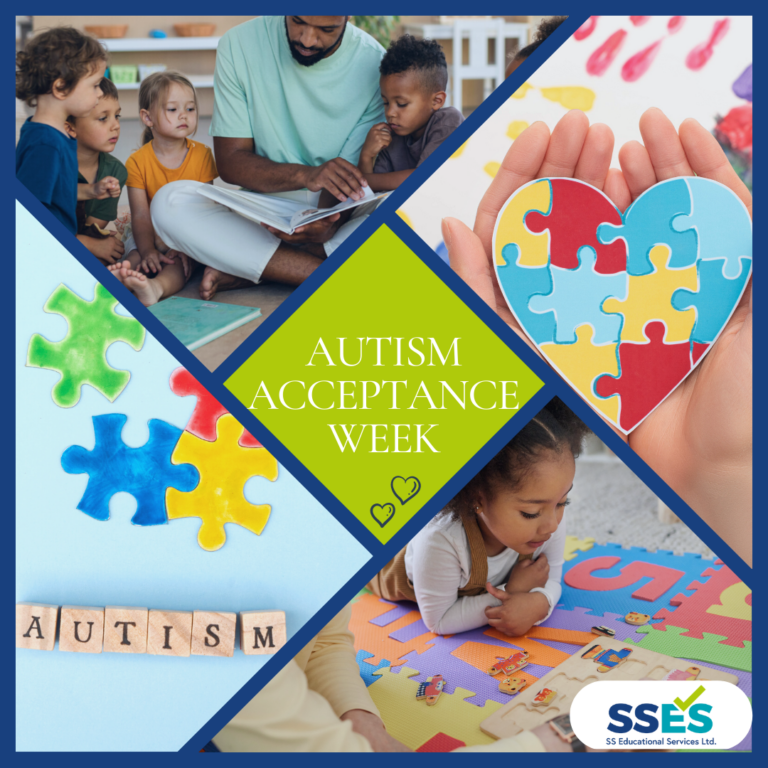Autism Awareness Week is a week-long campaign that takes place every year from March 27th to April 2nd. This annual event is an opportunity to raise awareness about Autism Spectrum Disorder (ASD) and promote understanding and acceptance of people who have the condition. Autism is a neurodevelopmental disorder that affects communication, social interaction, and behaviour. It is a lifelong condition, and there is no cure for it. However, with appropriate support, people with autism can lead fulfilling lives and achieve their potential.
In the early years, children with special educational needs, including autism, may require additional support to learn and develop. Early years settings, such as nurseries and schools, play a crucial role in providing this support. As an educator or caregiver, it is essential to be inclusive and actively prepared to support all children, regardless of their individual needs.
Here are some ways in which early years settings can support children with autism:
1 – Creating a sensory-friendly environment: Children with autism can be sensitive to certain stimuli, such as loud noises or bright lights. Creating a sensory-friendly environment can help them feel more comfortable and reduce anxiety. For example, using muted colours on walls, avoiding harsh lighting, and providing soft furnishings can create a calming and welcoming environment.
2 – Communication strategies: Children with autism may struggle with verbal communication or understanding social cues. Using visual aids such as picture schedules, visual timetables, and social stories can help them understand and anticipate activities and routines. Using clear and concise language and providing clear instructions can also be helpful.
3 – Tailored learning experiences: Children with autism can have a range of strengths and interests. Providing tailored learning experiences that are based on their interests can help them engage and learn. For example, if a child is interested in cars, using toy cars in maths activities can help them develop their numeracy skills.
4 – Partnership with parents: Parents are experts in their child’s needs and can provide valuable insights and support. Working in partnership with parents can help create a consistent approach to supporting the child and ensure that their needs are being met both at home and at school.
It is essential to note that every child with autism is unique and may require different types of support. As an educator or caregiver, it is essential to be flexible and adaptable to meet their individual needs.
Here are some practical examples of how early years settings can support children with autism:
1 – Providing a quiet space: Children with autism can become overwhelmed in noisy and busy environments. Providing a quiet space, such as a designated sensory room or a quiet corner, can provide a safe space for the child to retreat to when they need it.
2 – Using visual aids: Visual aids can be used to support communication and understanding. For example, using visual timetables or picture schedules can help the child understand what is happening next and anticipate transitions.
3 – Sensory play: Sensory play can be particularly engaging for children with autism. Providing opportunities for sensory play, such as with sand, water, or playdough, can help them develop their sensory skills and engage in play.
4 – Working in partnership with parents: Regular communication with parents can help ensure that the child’s needs are being met both at home and at school. This can include sharing information about the child’s progress, discussing strategies that work well, and identifying areas for further support.
Autism Awareness Week is a vital opportunity to raise awareness about autism and promote understanding and acceptance of people who have the condition. Early years settings play a crucial role in supporting children with autism and other special educational needs. By creating a sensory-friendly environment, using communication strategies, providing tailored learning experiences, and working in partnership with parents, educators and caregivers can support children with autism to learn and develop to their full potential.


